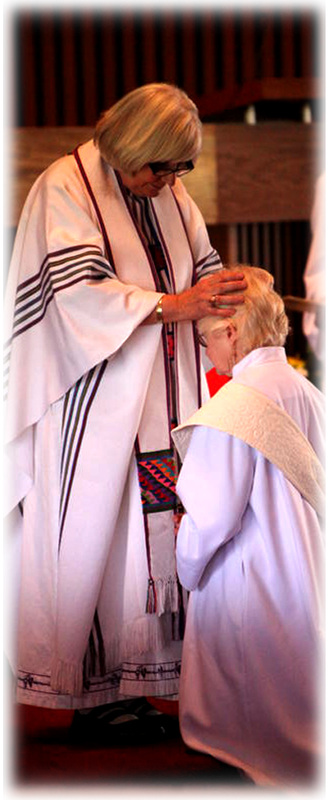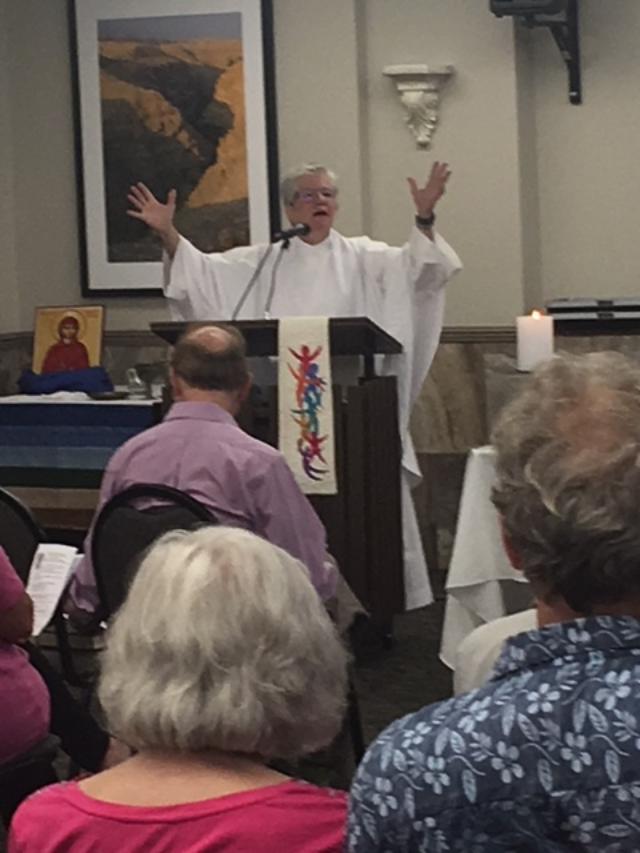Prelude- John 2:1-5, 10-14, 18
Isaiah 60: 1-2, 4a, 5a, 15cd
Ps. 96
Heb. 1: 1-3, 6, 8-9
Luke 2: 1-20
Thanks be to God for these magnificent readings, lights in our 2020 darkness!
From Isaiah: “Rise in splendor, the Messiah has come.”
From Paul’s letter to the Hebrews: “This Cosmic Christ is the radiance of God’s glory and the fullness of God’s being, sustaining all things with a living Word, with Wisdom.”
Isaiah and Paul give us beautiful background for and reflection on the Christ’s coming. But let’s focus on the Gospel, and remember the powerful story of our Christian heritage:
More than 2000 years ago, in a town called Nazareth, in Galilee, God somehow caused a young Jewish woman named Mary to have a realization that she would bring a son to birth. This son would be very special. The point of his life, Mary was inspired to believe, would be to teach and to prove that God is in every single being in the universe, and that all are in God. This son would teach and his life would witness to the fact that God’s love for humans and all the cosmos is unlimited, and that God wills that we transmit that same unconditional love to one another.
So Mary set about bringing this son to life, with the help of God. She did what she had to do to avoid being stoned for being pregnant outside of marriage, by escaping to the hill country to stay with her relative Elizabeth for a few months. And after her son, Jesus, was born, she did everything she could to educate her son in the scriptures of their Jewish heritage, and the liberating words of the prophets. She sang him songs about the poor being lifted up, and the powerful being brought down from their thrones, the hungry being filled up, and the humble being greatly favored, by this God who loved every single atom of the universe with unfathomable love, and who expected us all to work to make our communities just and fair to everyone.
80 or 90 years later, this story of Jesus’ birth, which had been preserved by oral tradition, was written down by the evangelist we now know as Luke. Luke chose to use the ancient story form that had been used to announce the births of other important historical figures, such as the Emperors of Rome. These birth narratives had been described as supernatural, delivered by spirits or angels, heralding the child to come as the son of the gods, the personification of power and beneficence, and often marked by some new event in the heavens, like the appearance of a new star in the sky. These stories were meant to signify that this king would be the one to finally make peace on earth, and universal salvation for all people.
So Luke’s story of Jesus’ birth is similar in form to these previous miraculous birth stories. But the radical, counter-cultural difference that Luke included is in the circumstances of the birth. The Caesars’ stories had foretold great palaces, huge armies, and conquering nations. But Jesus’ birth narrative described a very humble beginning. It told of Mary’s delivery in a livestock barn, and Jesus sleeping in a feed trough, about him growing up Jewish in territory occupied by Roman soldiers, and working as a carpenter in the footsteps of Joseph. These reversals are just the first of many Luke would include in this Gospel, which would describe prodigals being welcomed home, people sharing a few loaves and fish so that there was plenty for a great crowd, and women, the poor, lepers, and people suffering all kinds of afflictions, and forced outside the boundaries of society, being empowered and made whole.
Luke used these literary forms and devices to magnify Jesus’ main teachings: that God loves especially those the world devalues, that all possess the power to bring God’s love to life, and that we are created to make the world a more loving, just, equitable place. Mary was created to bring Jesus to life. Luke was created to bring this story to life. We are each created to bring the Christ to life in yet a new way! Christmas, this wonderful holiday we celebrate every year at the time that light begins to return to the earth, is the commemoration of our call to make God’s love a reality to all the other beings we contact in the world. To let them know, with words if necessary, that we bring God’s love to them, and are working to bring God’s justice to reality. That is our legacy as followers of Jesus. That is our duty as creatures of our loving God. That is the joy of our lives as members of humanity, which the Christ shared with us. Our treasured image of the baby in the manger cries out this truth to us, today, Christmas, and every day!
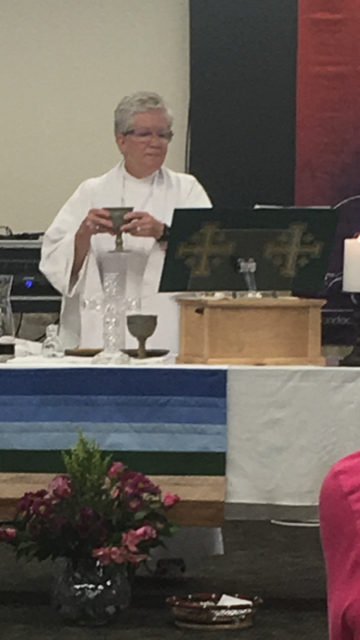
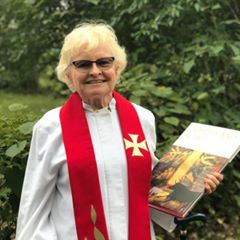
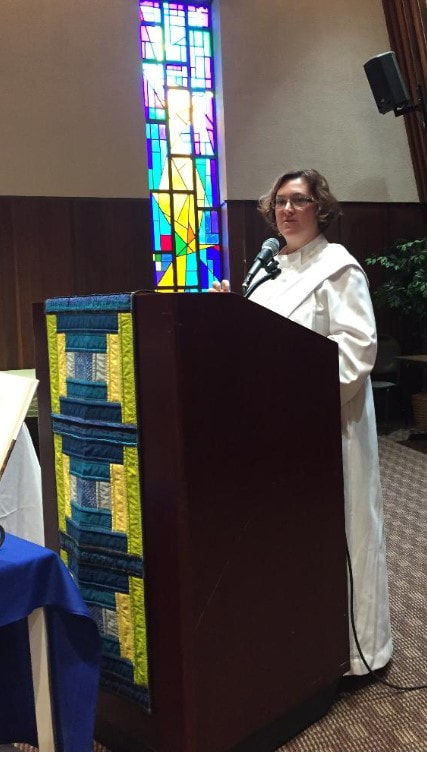
 RSS Feed
RSS Feed
